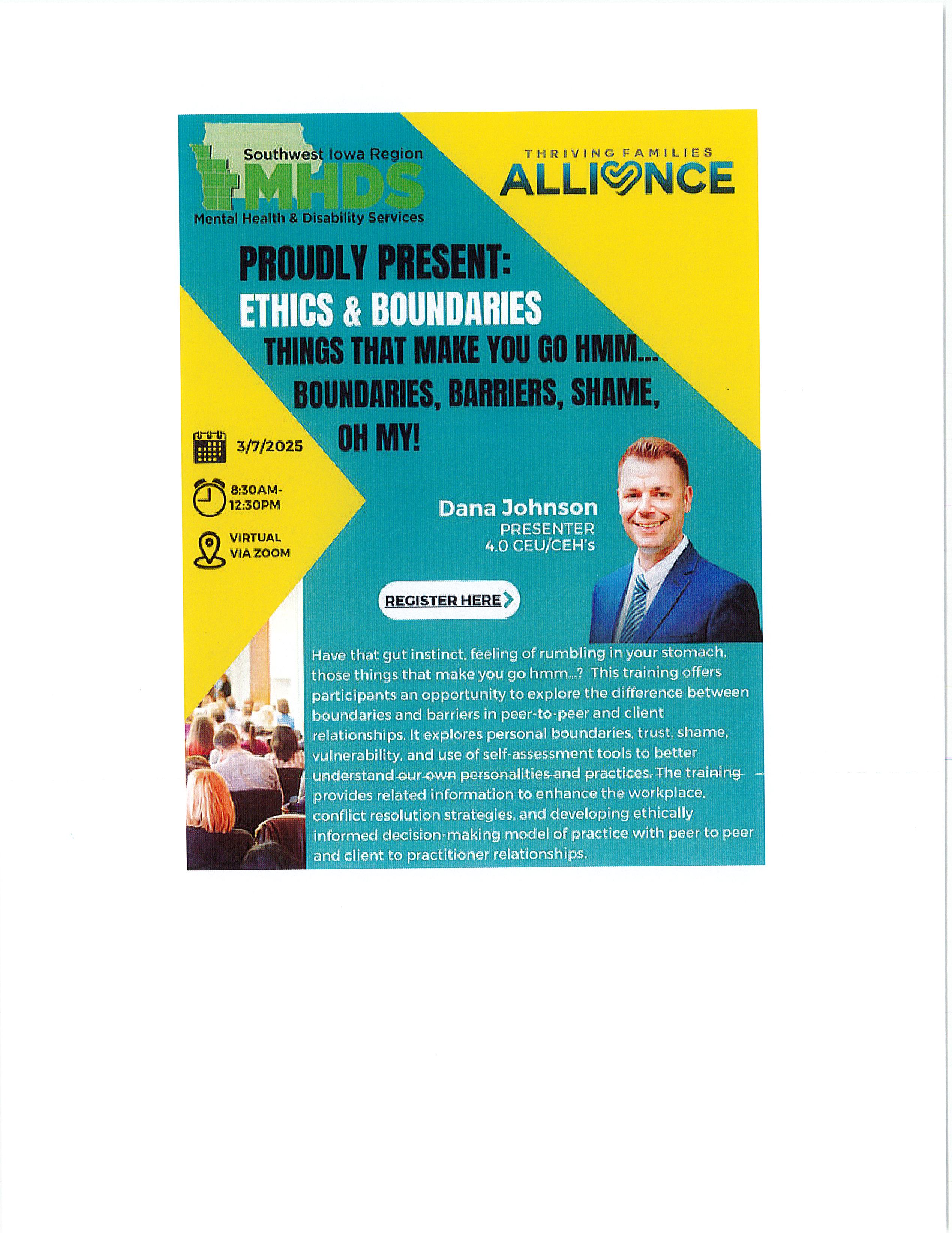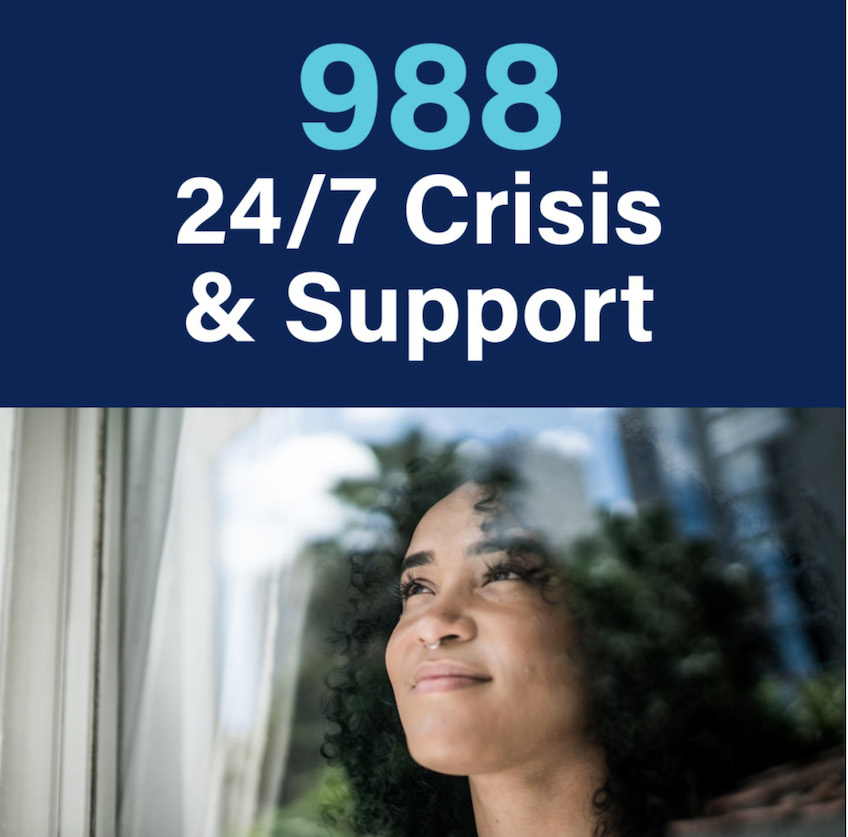News Ethic and Boundaries
Have that gut instinct, feeling of rumbling in your stomach, those things that make you go hmm…? This training offers participants an opportunity to explore the difference between boundaries and barriers in peer-to-peer and client relationships. It explores personal boundaries, trust, shame, vulnerability, and use of self-assessment tools to better understand our own personalities and practices. The training provides related information to enhance the workplace, conflict resolution strategies, and developing ethically informed decision-making model of practice with peer to peer and client to practitioner relationships.
Learning Objectives:
-
Understand the importance of client/patient rights above and beyond the rights of social work practitioners and the agencies they represent.
-
Examine the 9 professional boundaries and explore how these impact ethical decision making and the relationship with clients and colleagues.
-
Discover the concepts of shame and vulnerability and how these interact with our personal social work practice and when determining how to best approach ethical decisions.
-
Identify personal examples of professional social work ethical dilemmas, boundary crossing and blurring, that have negatively impacted your practice and discover the lessons learned.
-
Understand and apply the Code of Ethics, Code of Conduct, and our ethical principles, when boundaries when confronting ethical challenges by co-workers, utilizing the Nine Step Ethical Decision-Making Model.
About the Presenter:
Dana Johnson, MSW, is from Wisconsin is a career social worker, practicing in senior level management in state government, county human services, an educator in higher education, and operating a consulting and professional development firm. His experience includes child welfare practice, policy, and reform; transformational organizational leadership and culture change, supervision of teams, continuous quality improvement, and dynamic equity, diversity, and inclusion efforts across micro, mezzo, and macro systems.
Continuing Education Hours
The Iowa Board of Certification has determined that this program meets continuing education criteria for 4.0 CEUs Counseling Theories.
The National Association of Social Workers (NASW) Iowa Chapter has determined that this program meets continuing education criteria as outlined by Iowa Administrative Rule for social workers for 3.75 hours of continuing education.
Professionals who believe that this programming meets the requirements of their professional licensure board may present their certificate to their professional board. All those attending in full will receive a certificate of attendance and agenda for the day that includes the course title, trainer names, date, location, and number of hours. It is the responsibility of the individual attending to be familiar with the CEU requirements of their professional licensing board. Licensees should retain course materials and certificates for four years for auditing purposes.
To Register: Ethics & Boundaries: Things That Make You Go Hmm…Boundaries, Barriers, and Shame, Oh My! | TFA Official

Back: All News


